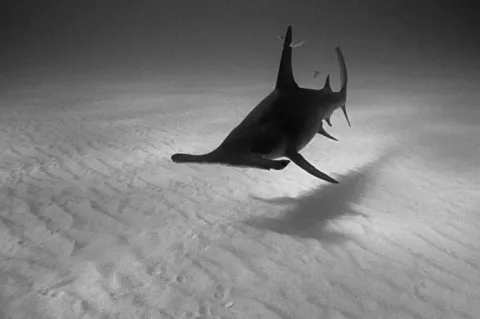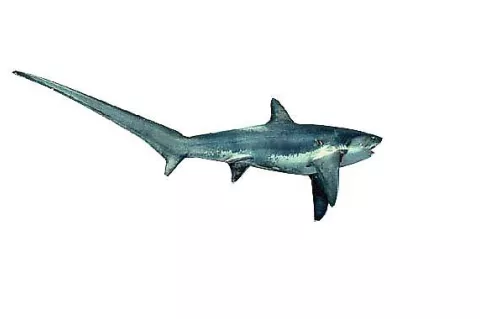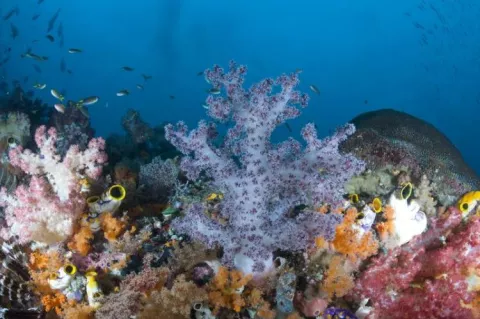Sharks are probably colourblind
Researchers in Australia have discovered a secret weakness of one of the ocean's most impressive predators.
The scientists, who examined the retinas of 17 different species of shark, discovered that the creatures had only one type of colour-sensitive cell, known as a cone cell, in their eyes.
- Read more about Sharks are probably colourblind
- Log in to post comments




